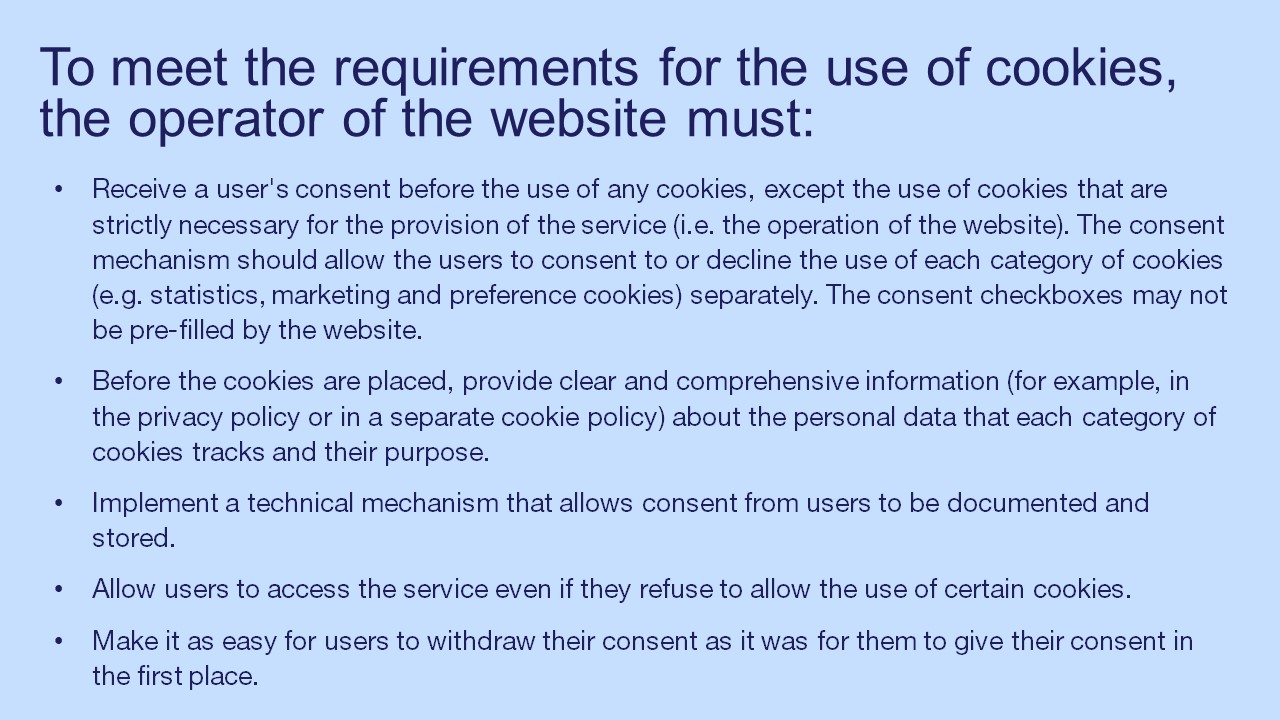
The Dark Side of Personalization: How Cookies Are Used to Track Your Every Move
As you browse the internet, you may have noticed that ads seem to follow you everywhere. You search for a new pair of shoes, and suddenly, every website you visit is showing you ads for similar shoes. This is not a coincidence. It is the result of a complex system of tracking and profiling, made possible by the use of cookies.
Cookies are small text files that are stored on your device by websites you visit. They allow websites to remember your preferences and settings, and to authenticate you as a user. However, they also allow websites to track your behavior and build a profile of your interests and activities.
The Use of Cookies for Personalization
Cookies are used by websites to provide personalized content and advertising. When you visit a website, it may use cookies to determine your location, your interests, and your browsing history. This information is then used to display ads that are likely to be of interest to you.
However, the use of cookies for personalization is not without controversy. Many people are concerned about the amount of data that is being collected about them, and the ways in which this data is being used. Some have even called for the use of cookies to be banned altogether.
The EU’s General Data Protection Regulation (GDPR)
In 2018, the European Union introduced the General Data Protection Regulation (GDPR), a set of rules designed to protect the data of EU citizens. One of the key provisions of the GDPR is the requirement for websites to obtain consent from users before collecting and processing their data.
However, the GDPR has also been criticized for its complexity and ambiguity. Many websites have struggled to comply with the regulations, and some have even been fined for non-compliance.
The Impact of Cookies on Online Advertising
Cookies play a crucial role in online advertising. They allow advertisers to target specific audiences and to measure the effectiveness of their ads. However, the use of cookies has also been criticized for its impact on online advertising.
Some have argued that the use of cookies has led to a lack of transparency and accountability in online advertising. Advertisers are able to track users across multiple websites, without their knowledge or consent. This has led to concerns about the spread of misinformation and the manipulation of public opinion.
Conclusion
The use of cookies is a complex and multifaceted issue. While they provide many benefits, such as personalized content and advertising, they also raise concerns about data protection and online tracking. As the use of cookies continues to evolve, it is likely that we will see new regulations and technologies emerge to address these concerns.
 The use of cookies is a complex issue, with both benefits and drawbacks.
The use of cookies is a complex issue, with both benefits and drawbacks.
 The use of cookies has a significant impact on online advertising.
The use of cookies has a significant impact on online advertising.
 The EU’s GDPR has introduced new regulations around the use of cookies.
The EU’s GDPR has introduced new regulations around the use of cookies.
 The use of cookies raises concerns about data protection and online tracking.
The use of cookies raises concerns about data protection and online tracking.
The use of cookies also raises concerns about online security.
 The use of cookies is a complex issue, with both benefits and drawbacks.
The use of cookies is a complex issue, with both benefits and drawbacks.
The use of cookies has a significant impact on online advertising.
“The use of cookies is a complex issue, with both benefits and drawbacks.” - Source
“The use of cookies has led to a lack of transparency and accountability in online advertising.” - Source













